In preparation for our upcoming launch of Hemingwrite, our signature edition Freewrite, we’ve been writing a series of posts on Ernest Hemingway, i.e. his advice to writers, writing routine, career, and famous quotes.
Are you interested in Hemingway but not sure where to start? Have you read some of his work but want to hear some more recommendations?
We’ve got you covered—here’s our pick of the top 10 books by Hemingway a brief overview. See if anything speaks to you.
If you’re just starting out and you want something lower commitment, try:
In Our Time
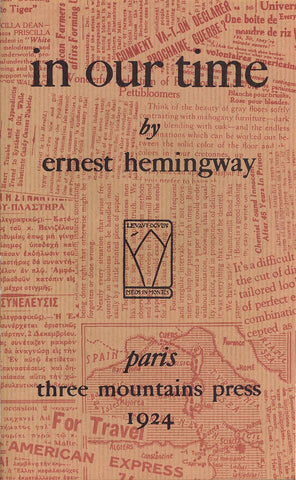
In Our Timeis Hemingway’s first collection of short stories, featuring two most famous Nick Adams stories. (Nick Adams is a semi-autobiographical protagonist of two dozen short stories written through the 1920s and 30s.)
Hemingway’s short stories are the perfect way for you to experience his writing style across a span of plotlines and settings. In Our Timeaddresses themes like alienation, loss, grief, and separation.
If you’re new to Hemingway and want to start with a novel, try:
For Whom the Bell Tolls
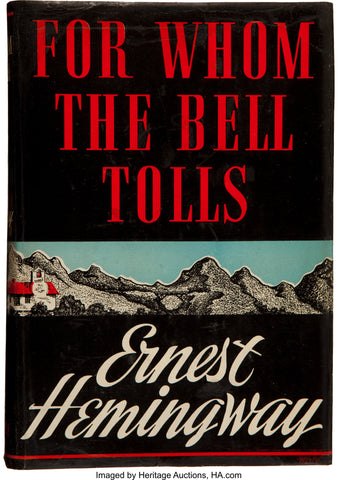
Widely regarded as one of Hemingway’s best works, For Whom the Bell Tollsis a war story based on Hemingway’s time as a journalist during the Spanish Civil War.
For Whom the Bell Tollsexplores themes of honor, death, duty, nature, camaraderie, sacrifice, and more. The novel is also a love story and an ode to Spanish culture.
If you’re looking for Hemingway’s award-winning work, try:
The Old Man and the Sea
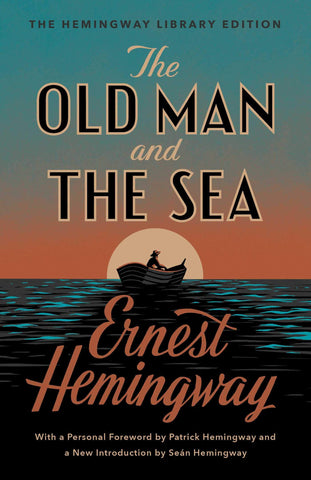
The last novel published before Hemingway’s death, The Old Man and the Seawon the author a Pulitzer Prize for Fiction. This novel follows an old fisherman who, after 84 days of failing to catch a fish, snags a giant marlin and struggles with it for three days.
The Old Man and the Seaaddresses pride, honor, glory, redemption, and more.
If you’re curious about what some critics call Hemingway’s most important novel, try:
The Sun Also Rises
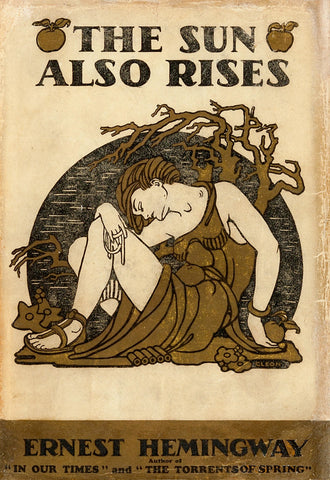
Chances are, if you’ve heard of Hemingway, you’ve heard of The Sun Also Rises.Many readers also use this novel as an entry point to Hemingway’s fiction.
The Sun Also Risesenters the hedonistic lives of the post-WWI European elite. Pay attention to Hemingway’s mastery of dialogue, sparse descriptions, and engrossing depiction of the Lost Generation.
If you want to read what established Hemingway as a major American writer, try:
A Farewell to Arms
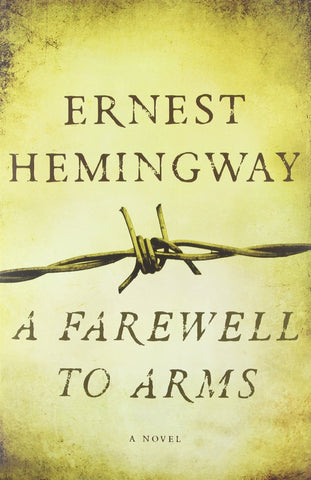
Hemingway’s third book, A Farewell to Arms,is another war story. It follows an American lieutenant in the Italian army’s ambulance corps. (Like his protagonist, Hemingway was wounded by a mortar shell and fell in love. Hemingway was not a war veteran, despite popular belief, as he was wounded while volunteering as a Red Cross ambulance driver.)
A Farewell to Armsbecame Hemingway’s first bestseller and established him as one of the great modern American writers. The novel was adapted into
If you’re looking for a less “mainstream” recommendation, try:
To Have and Have Not
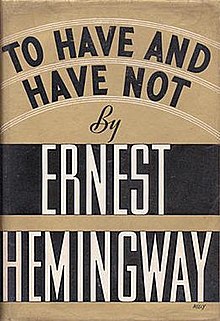
We didn’t lose count! We’re simply giving an honorable mention to To Have and Have Not.This novel, as perhaps obvious from the title, dives into society’s financial and social strata. To Have and Have Notfeatures a rich cast of characters—the working class on the docks, the rich who moored their boats, smuggled Chinese immigrants, and more.
This exciting tale was adapted into three films.
Will you be adding any of these titles to your list? Once you read them, or if you’ve already read them, let us know what you think.
-
Sign up for the Hemingwrite waitlist. Quantities are extremely limited.





















